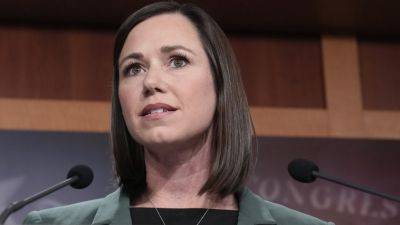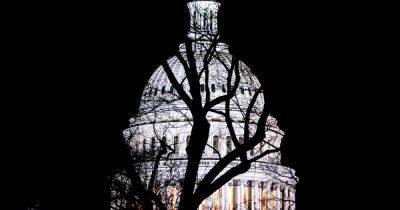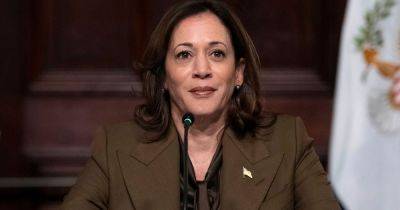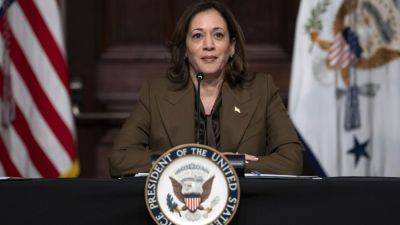Tribes in Washington are battling a devastating opioid crisis. Will a multimillion-dollar bill help?
Evelyn Jefferson walks deep into a forest dotted with the tents of unhoused Lummi Nation tribal members and calls out names. When someone appears, she and a nurse hand out the opioid overdose reversal medication Naloxone.
Jefferson, a tribal member herself, knows how critical these kits are: Just five months ago, her own son died of an overdose from a synthetic opioid that’s about 100 times more potent than fentanyl. The 37-year-old’s death was the fourth related to opioids in four days on the reservation.
“It took us eight days to bury him because we had to wait in line, because there were so many funerals in front of his,” said Jefferson, crisis outreach supervisor for Lummi Nation. «Fentanyl has really taken a generation from this tribe.”
A bill before the Washington Legislature would bring more state funding to tribes like Lummi that are trying to keep opioids from taking the next generation too. The state Senate unanimously approved a bill this week that is expected to provide nearly $8 million total each year for the 29 federally recognized tribes in Washington, funds drawn in part from a roughly half-billion-dollar settlement between the state and major opioid distributors.
The approach comes as Native Americans and Alaska Natives in Washington die of opioid overdoses at five times the state average, according to 2021-2022 Centers for Disease Control and Prevention data that includes provisional numbers. The rate in Washington is one of the highest in the U.S. and more than three times the rate nationwide — but many of the state’s Indigenous nations lack the funding or medical resources to fully address it.
Lummi Nation, like many tribes, faces an additional challenge when it comes to keeping outside drug







